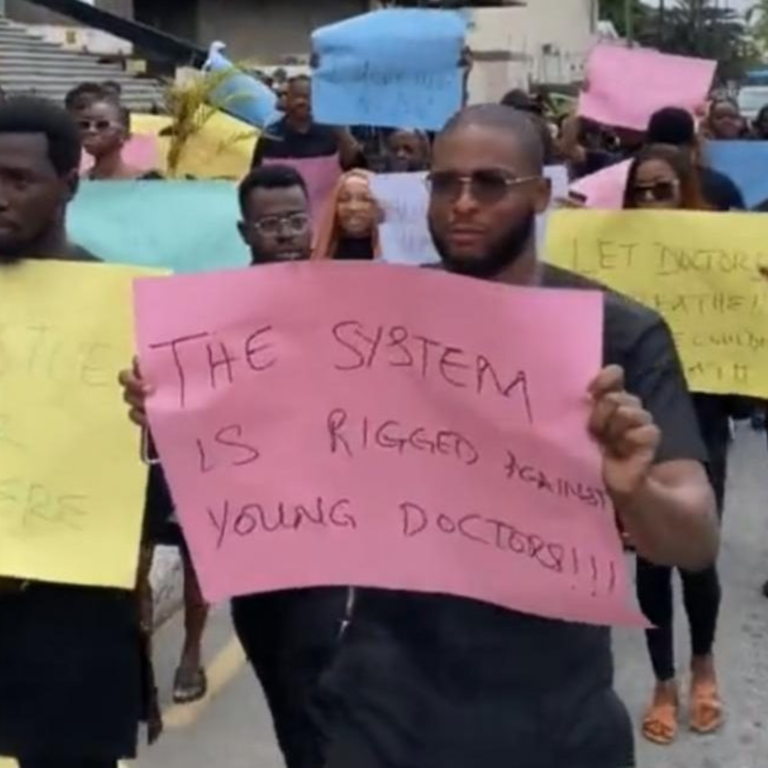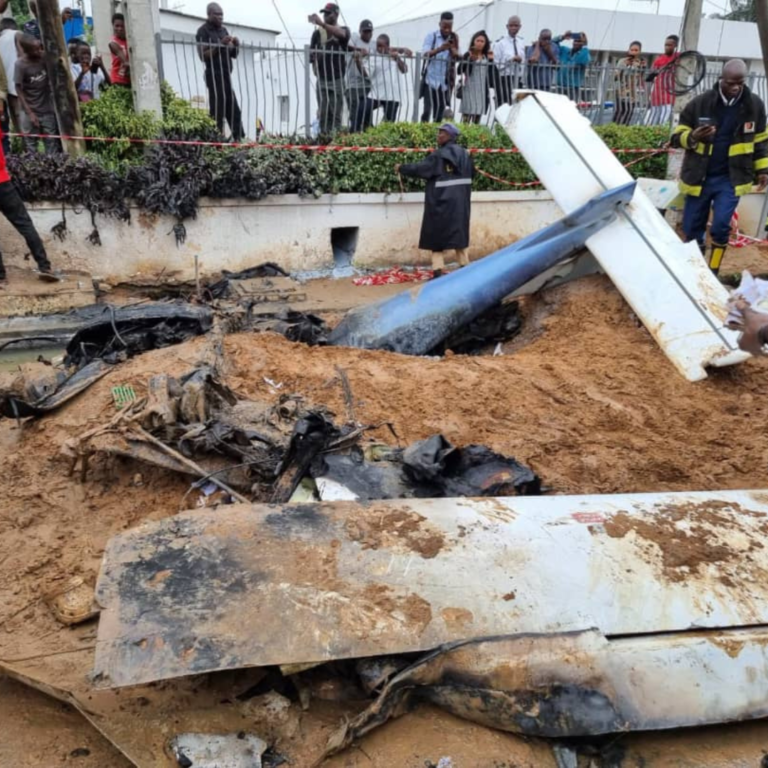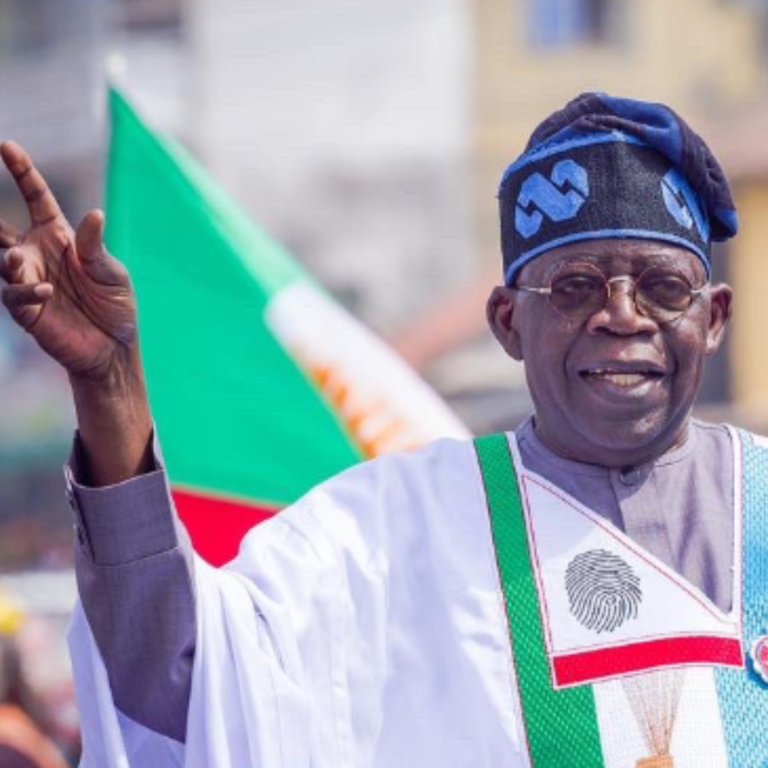Do you remember this interview?
That was former First Lady, Dame Patience Jonathan, commiserating with parents shortly after April 14, 2014, when Boko Haram terrorists abducted 276 girls from the Government Secondary School in Chibok, Borno state.
Over the past nine years, these schoolgirls have been assaulted and forced into “marriages” with their abductors; the Christians were also forced to convert to Islam by the terrorists. While over 100 of them have been released and some placed on scholarship, the whereabouts of others are still unknown.
How everything started
The attacks on Northern Nigeria by the Boko Haram terror group reached a head in 2014, with about 7000 deaths recorded between July 2013 and June 2014. Schools were not exempt from these attacks as this terrorist group believes Western education is forbidden. As a result, many schools in the region were shut down.
However, Chibok hadn’t been attacked before and was therefore believed to be safe, so the West African Senior School Certificate Examinations (WASSCE) were going to be held as planned. But, in a sad turn of events, on April 14, 2014, the town was attacked late at night; the school’s dormitories were raided, and 276 girls were kidnapped and loaded into lorries.
57 of these girls managed to escape by jumping off the lorries and running into bushes, but 219 were taken away.
What has the government done so far?
The incident sparked local and international outrage from world leaders, human rights activists and advocates. A series of protests were held under the hashtag “#BringBackOurGirls”, and the Safe Schools initiative was launched in Abuja to provide and promote safe zones for education.
It wasn’t until nearly two years later, in October 2016, that we saw the first mass release of just 21 girls following negotiations between the terrorist group and the federal government. Between October 2016 and January 2017, three more girls obtained freedom from their captives; in May 2017, another 82 girls were freed. And on June 22, 2022, the military recovered two more girls.
While we await the return of these girls, to mark the nine-year anniversary of this tragedy, a short film titled “Boy Meets Girl” premiered on April 13, 2023. This film, written by Kaelo Iyizo and co-produced by Conrad Omodiagbe and Adnan Ali, showed how Boko Haram uses the abducted schoolgirls as suicide bombers.
What has happened to the girls who have been freed?
According to a report by HumAngle Media, about 106 of the released girls received a scholarship from the federal government to study at the American University of Nigeria, (AUN), and about ten girls are also studying in the United States.
At the AUN, the government covered the cost of tuition, accommodation and feeding with a monthly allowance of ₦25,000 (formerly ₦8,000). However, given Nigeria’s inflation, the allowance was hardly enough. Other essential needs like books and levies placed by student associations weren’t covered. Also, they struggled to participate in class and keep up with assignments as they had no access to good phones or computers.
Even more, the girls struggled with cultural barriers and had to face segregation from students and lecturers.
These issues made it difficult for most of them to continue their education and pursue their dreams, and so, about 28 of these girls dropped out.
Tragically, this incident wasn’t a one-off. Since then, other students have also fallen victim to mass kidnappings, for instance, the Dapchi girls in Yobe state, 2018 and more recently, the 80 children abducted on April 7, 2023, in Tsafe Local Government, Zamfara state.
The safe return of the girls still in Boko Haram custody should be prioritised. The federal government should double its efforts to ensure children in the North can safely exercise their rights to education, as this is one way to safeguard that region’s future.




